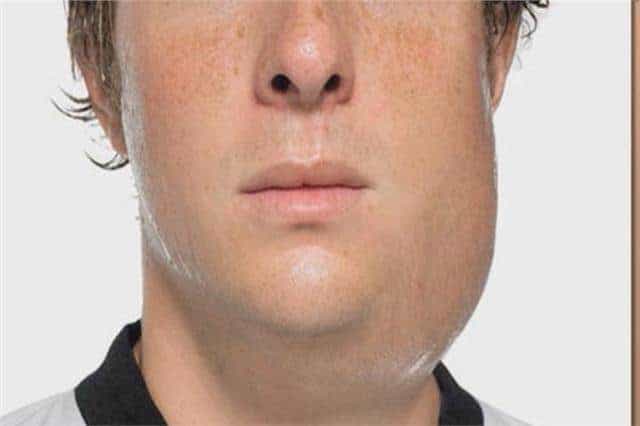The Dallas County Health & Human Services (DCHHS) is reporting 78 cases of mumps in the Dallas area for 2017 and Advance ER is ramped up for rapid response to the crisis. A painful condition caused by a virus, mumps can be highly contagious for up to 5 days from the onset of the first symptoms. Contagions are passed by saliva from things such as sneezing, sharing cups or utensils, coughing or talking.
“Good prevention techniques are frequent hand washing; keeping your hands away from your eyes, nose and mouth; not sharing drinks and cleaning common surfaces that may have germs,” said Advance ER Chief Medical Officer Dr. Thomas Allen. “In addition, Advance ER recommends each person have two MMR vaccinations and a third booster shot for anyone at risk of direct contact with the disease.”
What are the symptoms of mumps?
The symptoms of mumps include:
- Fever
- Headache
- Body aches and muscle aches
- Swelling of salivary glands
- Fatigue
- Loss of appetite
- Pain from chewing and swallowing
What should I do if I have mumps?
“If you suspect you have mumps, come to Advance ER right away for testing,” said Dr. Allen. “We can do a simple blood test to determine whether or not you have mumps so you will know if you are contagious or not. If you can call ahead, that would help us use our infection control protocols, but either way, come to Advance ER for fast help.”
If you suspect you have mumps, be sure to avoid pregnant women, infants and people with weakened immune systems. Continue practicing good hygiene including using a tissue to sneeze into and frequently washing your hands with soap and water. If you have to be in contact with other people during the 5-day contagious period, wear a surgical mask. Otherwise, mumps can be treated with over-the-counter pain meds such as Tylenol® or Advil® along with bedrest.
“Mumps can, rarely, have serious complications. If you experience any unusual symptoms with your mumps, come to Advance ER immediately for examination,” said Dr. Allen.
Mumps FAQs:
- How long is the incubation period for mumps? According to the Center for Disease Control, the virus can usually incubate from 16-18 days but can also range from 12-25 days.
- Am I immune to mumps if I’ve had two MMR shots? Having the two shots makes you 88% less likely to get the mumps. However, there is still a risk of getting the disease.
- A student at my school had mumps. Should I get a booster shot? If you can be directly exposed to mumps, a booster shot is recommended. If you are already exposed to the contagion, a shot will not prevent you from getting mumps.
- I don’t want the mumps. Should I get a booster shot? A shot is only recommended if you are associated with an outbreak. Otherwise, just be sure you have had the two normal vaccinations.
- Where can I get the mumps vaccination? If you have not had two MMR vaccinations, you can get them at your primary healthcare provider. If you need the third shot as a booster, you can get it from DCHHS at 2377 N. Stemmons Frwy in Dallas, Monday through Friday from 8 a.m. to 4 p.m., or from Advance ER anytime, day or night. At Advance ER, we’re open 24/7 to help you.
- Are there any complications of mumps? There are some infrequent complications that can occur, especially in adults. Males are susceptible to inflammation of the testicles. In very rare cases, this can lead to sterility. Hearing loss occurs in a small percentage of patients and is permanent. Inflammation of the brain or spine is serious and requires immediate medical treatment.
- How long does mumps last? A person with mumps will be contagious for five days after the onset of the first symptom. He will feel better after a week or two and will be completely recovered after a few weeks.
- I’ve had the mumps, am I immune now? You can get the mumps more than once, but chances are slim.
Meet Dr. Allen:
Thomas Allen, M.D., FACEP, is board-certified in emergency medicine. He received his medical degree from Oregon Health Science University, Portland, OR. He completed his internship at the Legacy Health Systems’ Emanuel and Good Samaritan Hospitals, Portland, OR, and his residency at the University of Texas at Houston Herman Hospitals, Houston, TX.
Dr. Allen has been practicing for over two decades and is the Chief Medical Officer and Managing Partner of Advance ER. He and his family are active in their Dallas community and love being a part of the neighborhood.





